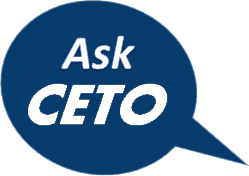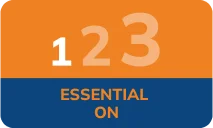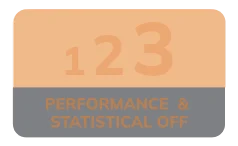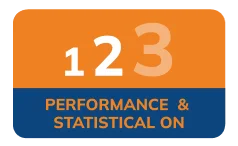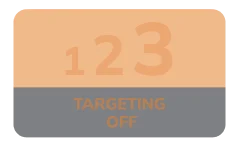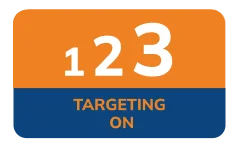A guide for newcomers in the UK: Who to contact in case of an emergency
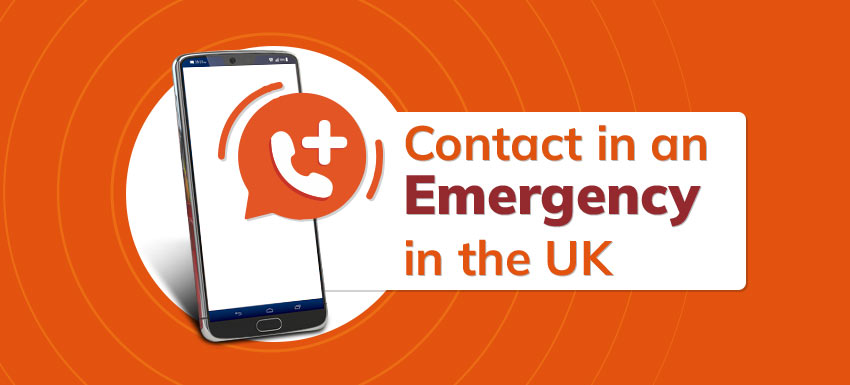
Moving to a new country can be overwhelming and knowing who to contact in case of an emergency is crucial for your safety and peace of mind. Here’s a guide to help you navigate emergency services in the UK.
Emergency services contact numbers
1. General emergency number: 999
- When to use: For immediate assistance in situations involving the police, fire brigade, ambulance or coastguard.
- How to use: Dial 999 and clearly state the nature of the emergency (e.g. ‘police’, ‘fire’, ‘ambulance’). Provide your location and details of the incident.
2. Non-emergency police number: 101
- When to use: For non-urgent matters that require police attention, such as reporting a crime that has already occurred or seeking advice.
- How to use: Dial 101 and explain your situation. This service is available 24x7.
3. Non-emergency medical number: 111
- When to use: For non-life-threatening medical issues or health advice when your General Practitioner (GP) is unavailable.
- How to use: Dial 111 and follow the prompts to speak with a healthcare professional. This service is available 24x7.
Specific emergency situations
1. Medical emergency
Contact: Dial 999 for an ambulance.
Details: Clearly explain the medical issue and any known health conditions. Follow the operator's instructions until help arrives.
2. Fire
Contact: Dial 999 for the fire brigade.
Details: Provide the exact location of the fire and evacuate the area if safe to do so. Follow the operator’s instructions.
3. Crime or security issue
Contact: Dial 999 for urgent police assistance. For non-urgent matters, dial 101.
Details: Report the nature of the crime, your location and any immediate danger. Stay on the line for further instructions.
4. Mental health crisis
Contact: Dial 999 if there is immediate danger. For urgent but non-life-threatening support, contact National Health Service (NHS) 111 or local mental health helplines.
Details: Explain the situation calmly and provide any relevant background information.
Additional resources
1. Local GP
Registration: Register with a local GP as soon as you settle. They can provide medical advice and refer you to specialists.
Contact: Visit the NHS website to find and register with a GP near you.
2. Embassy or consulate
When to use: For assistance with legal or severe personal issues.
Details: Keep your country's embassy or consulate contact information handy. They can provide guidance and support in emergencies.
Knowing these key contacts and how to use them ensures that you get the help you need swiftly in an emergency. Stay safe and be prepared!
Disclaimer
The contents of the articles are meant merely for information purposes only and contains public sector information licensed under the Open Government Licence v3.0. The content is not an offer, invitation or solicitation of any kind to buy or sell anything and is not intended to create any rights or obligations. Nothing on this website is intended to constitute legal, tax, securities or investment advice, or opinion regarding the appropriateness of any investment, or a solicitation for any product or service. References to any third party Brands does not in any manner whatsoever whether direct/indirect constitute any collaboration/co-branding/affiliation with such third parties. ICICI Bank UK plc, affiliates of ICICI Bank their respective officers, directors, personnel, representatives, consultants, nominees, designees do not accept any responsibility for any direct or indirect loss/claim/damage arising out of or in relation to the event or the use of information communicated herein. ICICI Bank UK plc makes no representations or warranties of any kind, express or implied, about the completeness, accuracy, reliability with respect to the content for any purpose. Any reliance placed on such information is therefore strictly at one’s own risk.
Scroll to top

